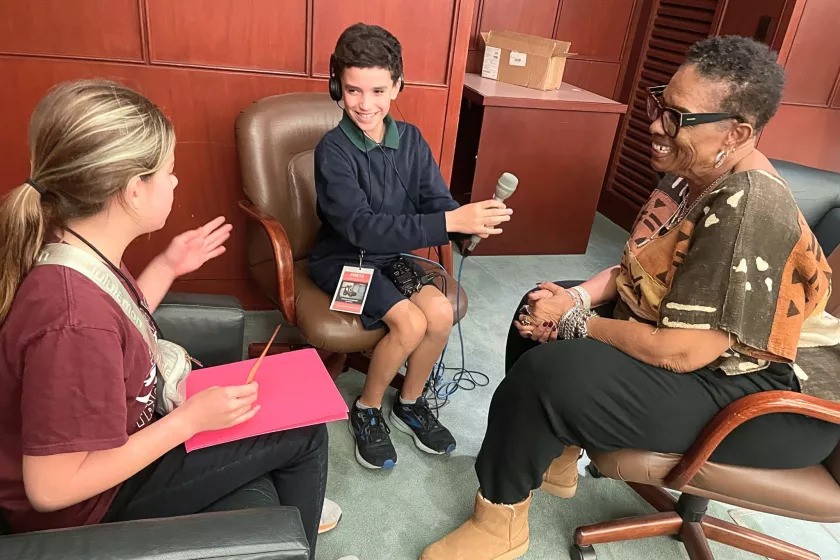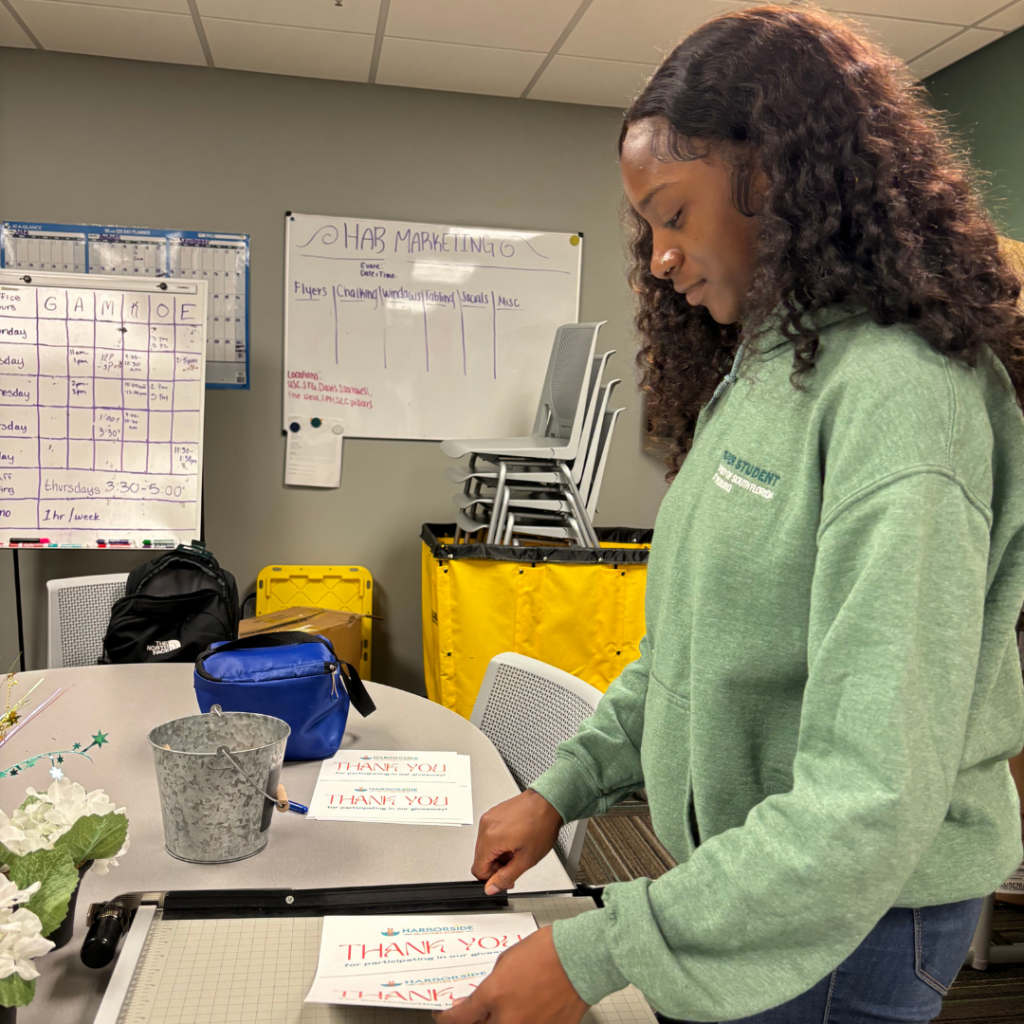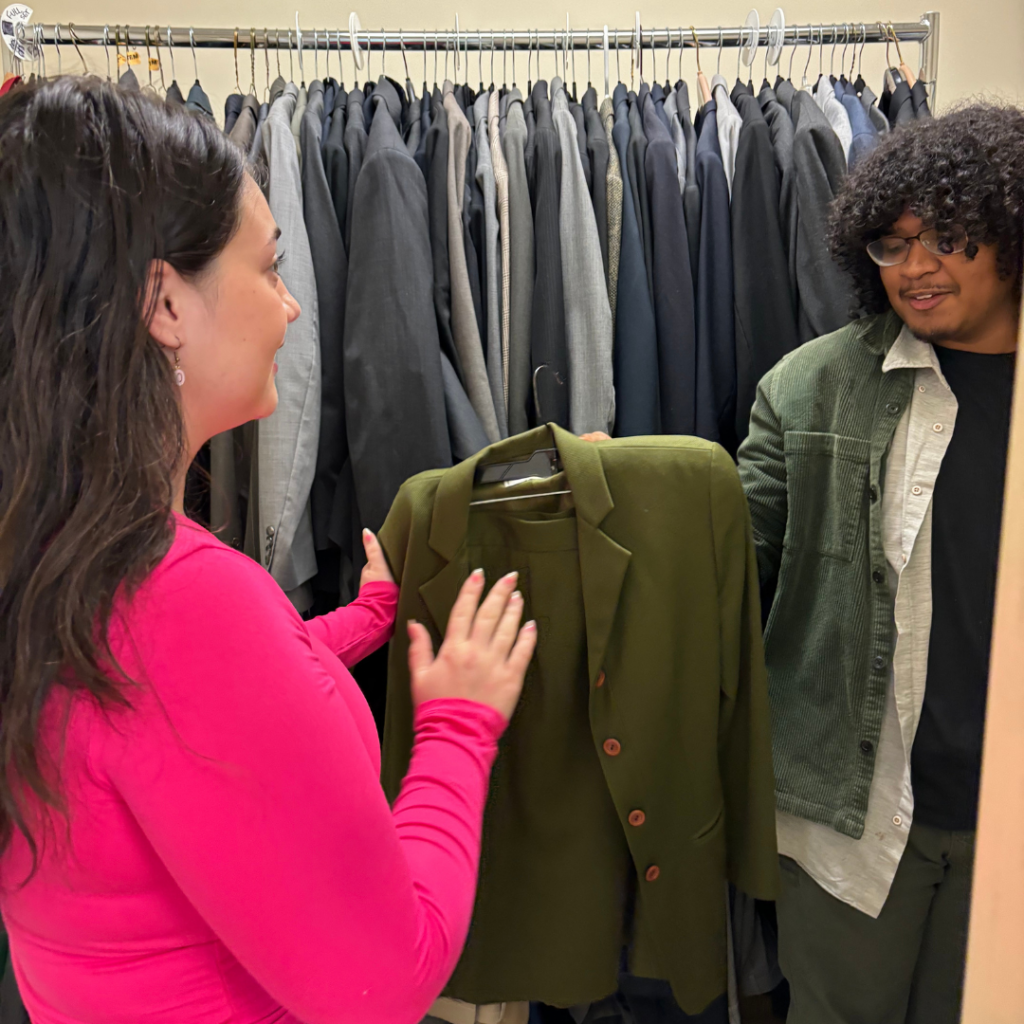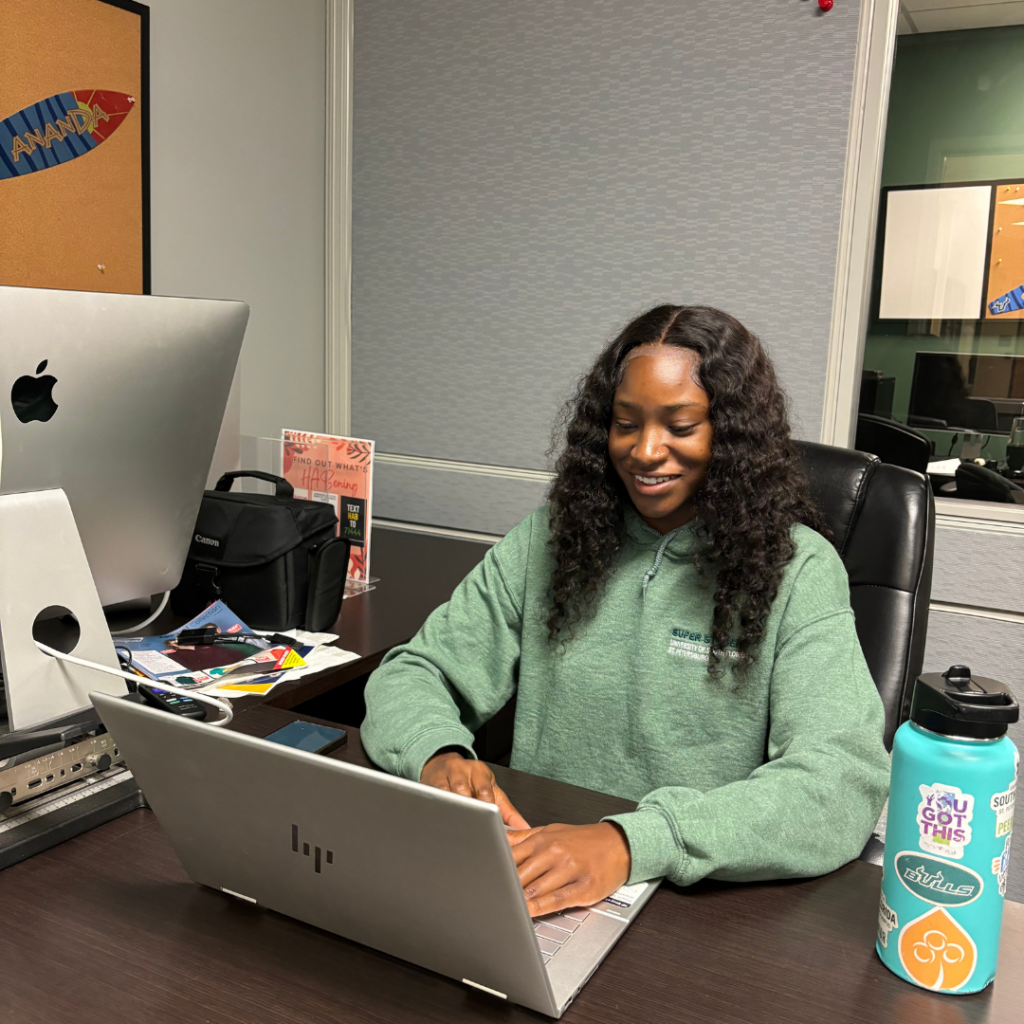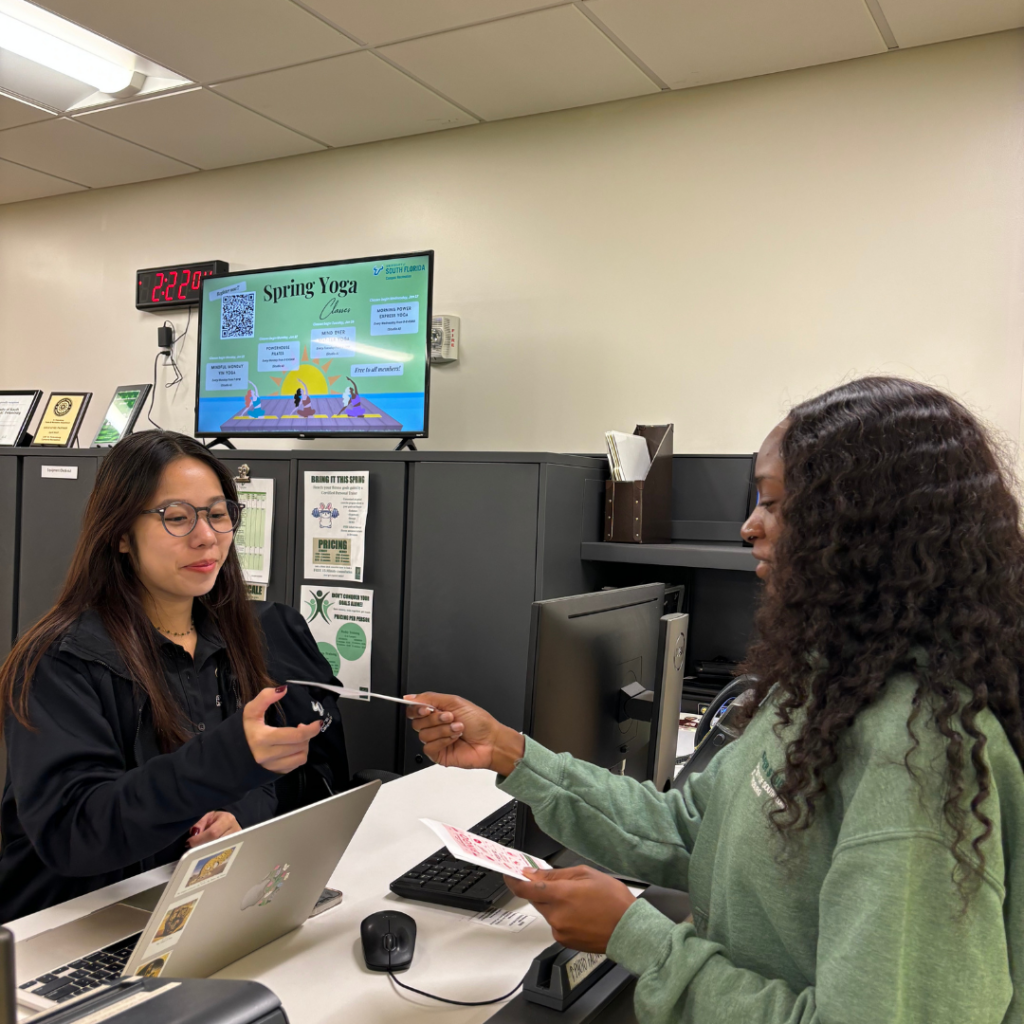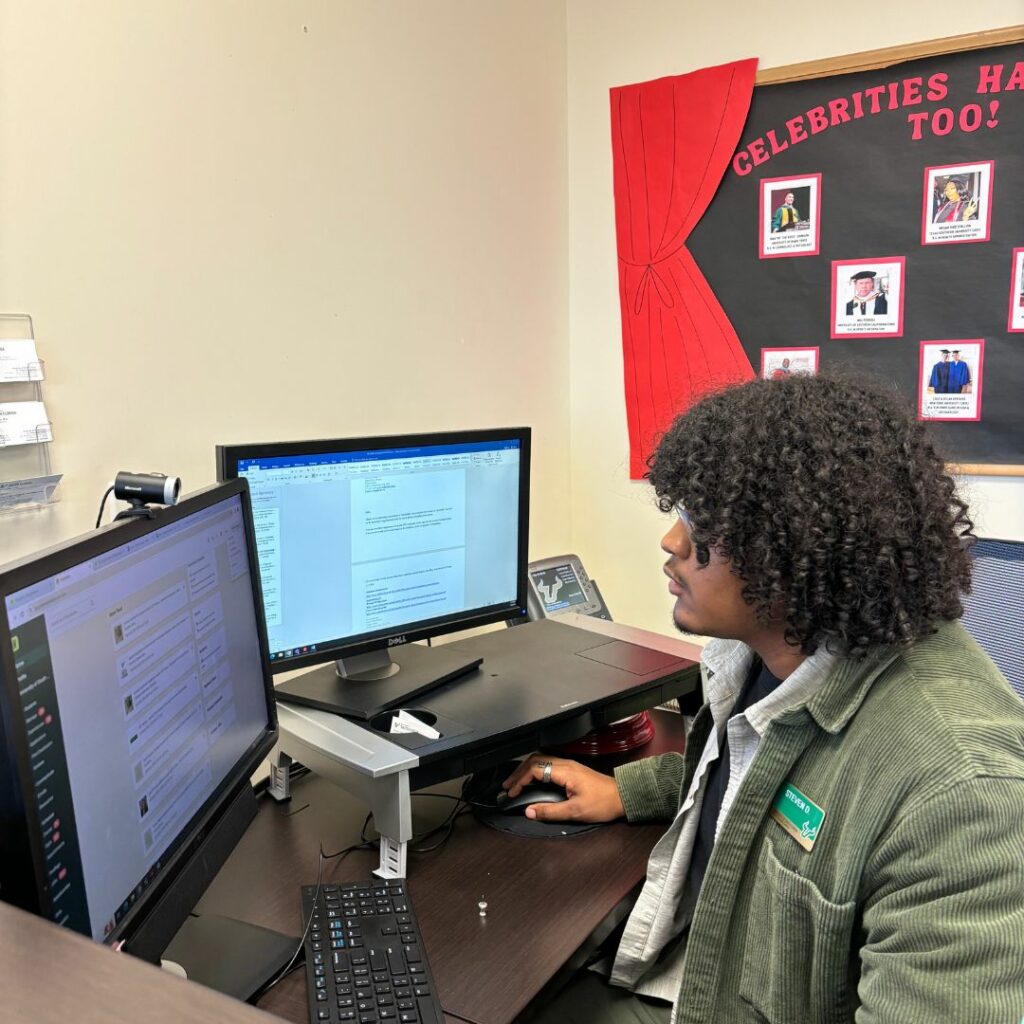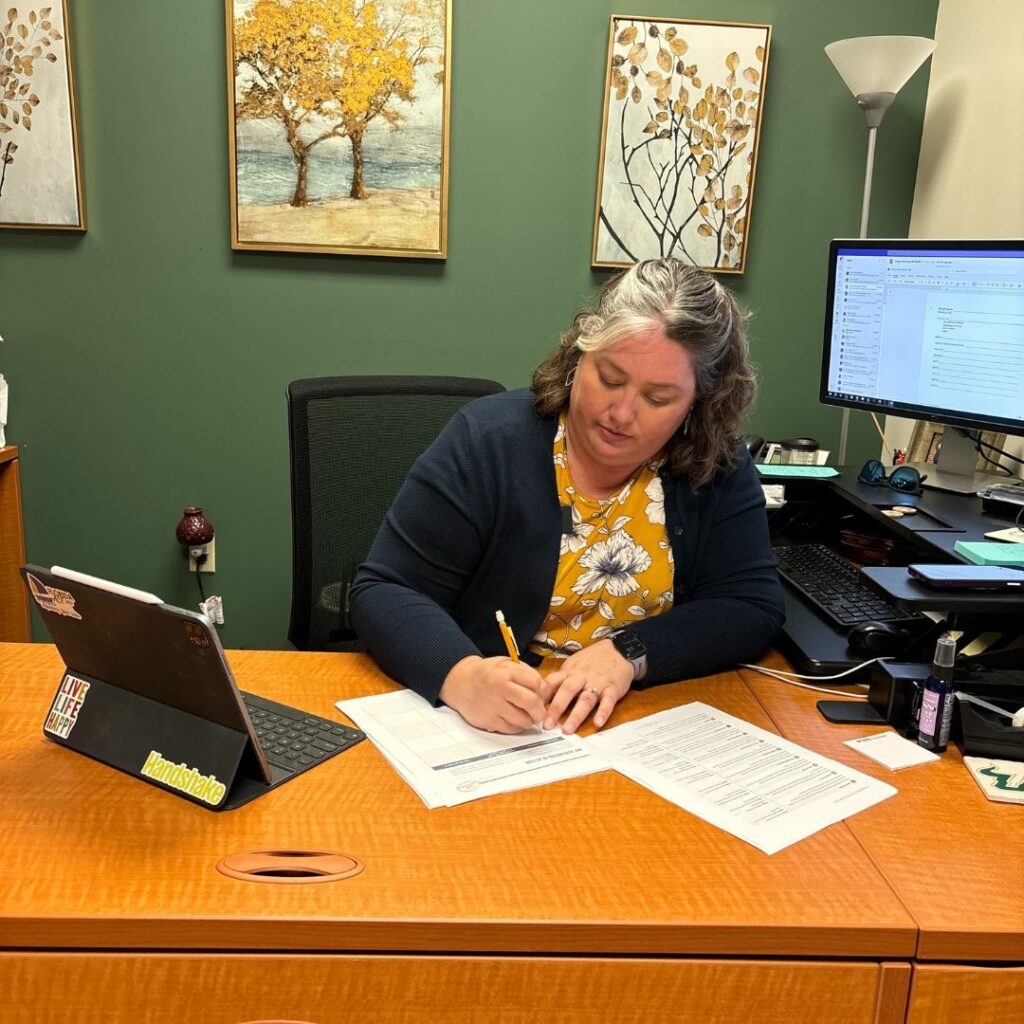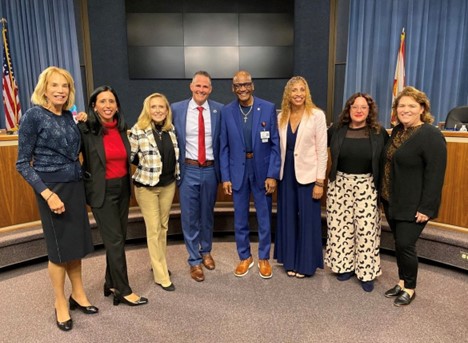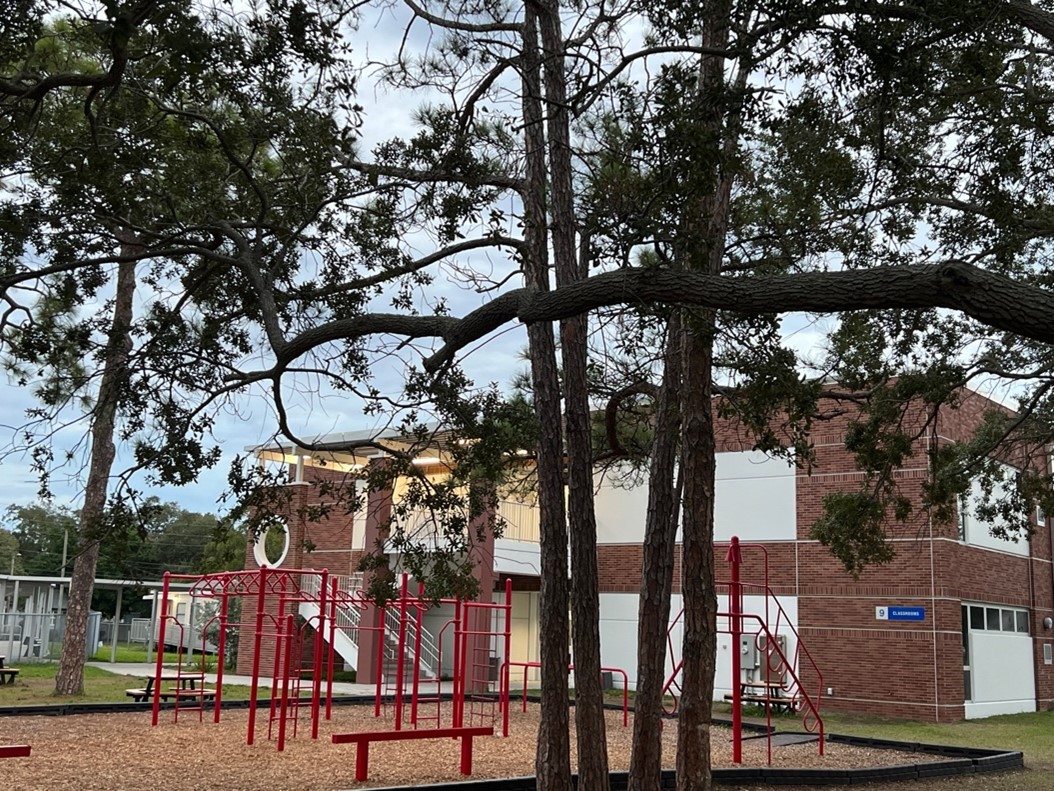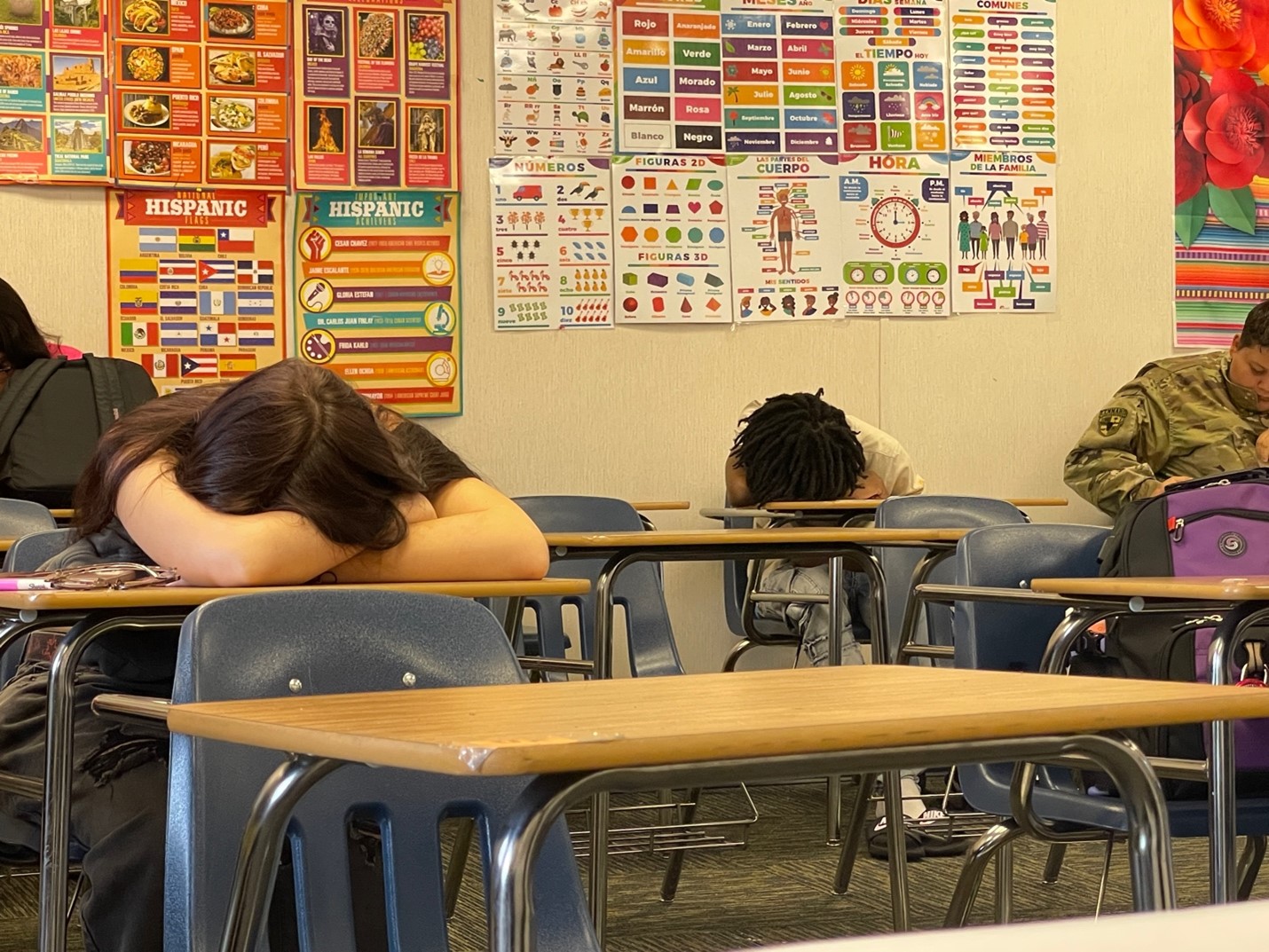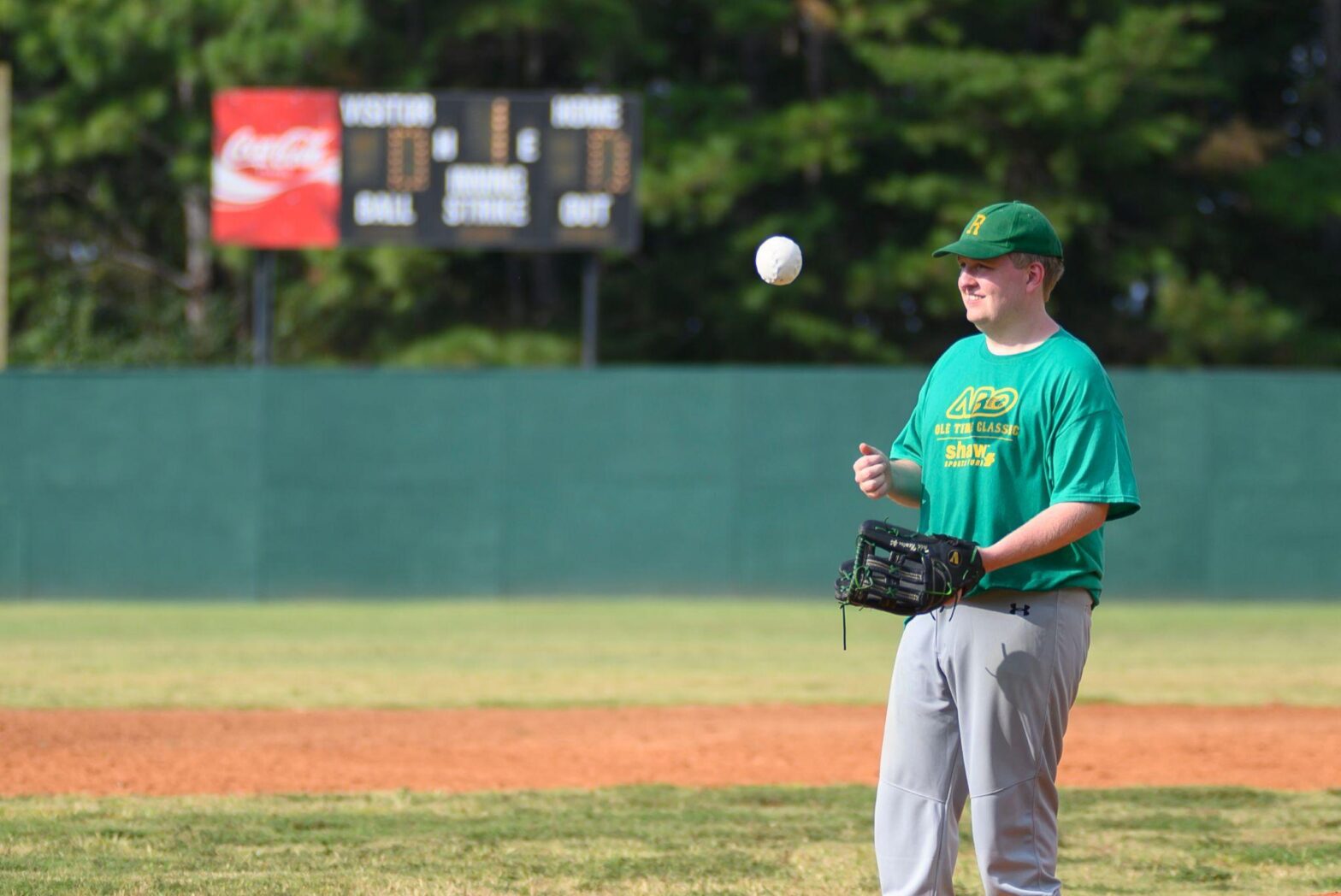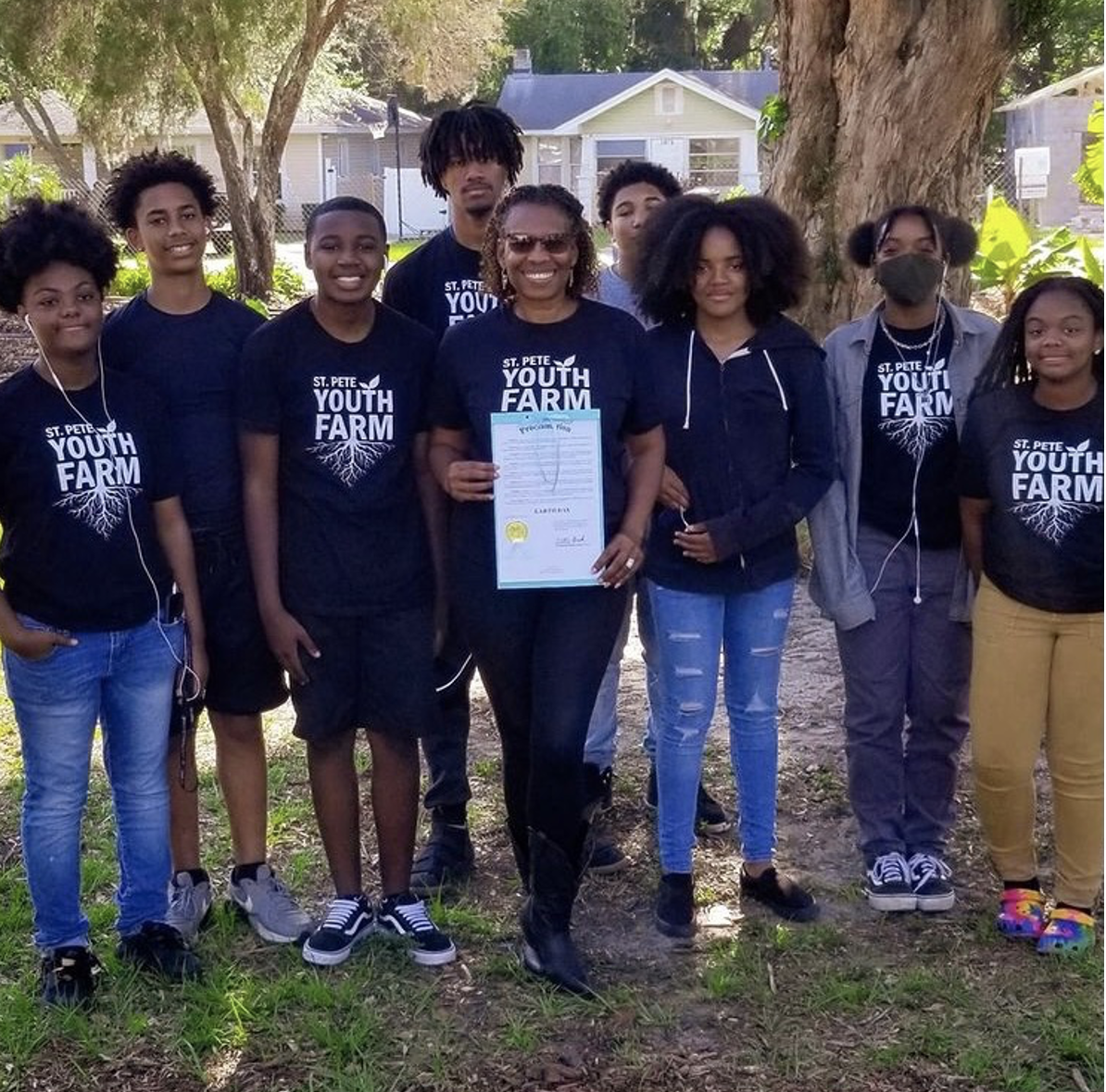By Hannah Edgeman
Pinellas County student journalists are reporting the stories that shape St. Petersburg, and they are doing it all before they get their high school diploma.
Journeys in Journalism is a countywide magnet program that trains students in journalism as part of their curriculum. The program is open to young students and teenagers alike, and it is currently available to attendees of Melrose Elementary School, John Hopkins Middle School and Lakewood High School.
“I like to say we don’t practice journalism, we do journalism,” said middle school journalism teacher Joyce Pink. “They’re doing all the things that journalists do in the professional world.”
Recently, the students published a documentary examining the redevelopment of the Gas Plant District. The project is posted on their website under the title “Addressing a Broken Promise: The redevelopment of St. Petersburg’s Gas Plant District”, a fitting descriptor as the video shows former residents of the area heartbroken over the destruction of the streets that, decades ago, they called home.
The neighborhood went through a controversial redevelopment 40 years ago during the construction of the Tropicana Field. Residents of the district were displaced to make way for the Tampa Bay Devil Rays, and the assurances of new jobs and affordable housing were never fulfilled. Now, the creation of a new baseball stadium feels to some like history repeating itself.
“We talked to people who lived in the area and reexamined their childhood,” Pink said. “How do they feel now that the area had been torn down, and now they’re talking about doing something very similar with yet another redevelopment of the area? So we’re looking at the promises that weren’t kept then, and asking will those promises be kept now?”
John Hopkins students interviewed Gas Plant District residents and Tampa Bay Rays officials for their podcast, “Oral Histories.”
“Oral Histories” tells two sides of the same story; former residents of the area who feel grief over the redevelopment of the area and the businessmen who see the change as a brighter future for Tampa baseball.
The Gas Plant reporting was part of a capstone project the students completed in the 2023-24 school year. Aside from capstone projects, each school has a news site where they publish articles, opinion pieces and photos. They have a goal of posting content weekly, according to their teacher.
Despite the articles and podcasts that are published each week, deadlines are not the central focus of the leaders of the program.
“We don’t look at it like we’re training the next generation of journalists,” said Journeys in Journalism adviser Christopher Mosher. “We’re really looking at it like there’s a hundred students who come through our school and they’re building the writing skills, the rationality skills and their people skills.”
The courses offered by Lakewood High School foster skills that students can bring into their everyday life, even if they do not graduate to become journalists. Freshmen begin their courses by learning a foundation of ethics and factual reporting, and they finish their academic journey as seniors with the ability to write effectively, work with peers and adhere to the firm deadlines they will encounter after graduation.
“Media literacy is almost like a dying understanding right now,” Mosher said. “I think the students, they really need that practice of how to fact check, how to interview, and really there’s a lot of soft skills that go along with it as well. Like, how do you talk to people? How do you look people in the eye?”
The program was founded in 2001 with this same hope. According to Margo Hammond, friend of Journeys founder Cynda Mort, the curriculum was created with the hope that it would teach new generations important life and communication skills.
“I’ve grown a lot because I’m learning more about the software we’ve been using, so when it comes to editing and all that other stuff, I’m like way better now,” junior Ja’Nes Lyons said. “And then I’ve learned about different angles and how I should take pictures. So, the photos have definitely progressed from when I was in ninth grade.”
As for the future of Journeys in Journalism, readers can expect to see another capstone project by the end of this school year. Until then, the student journalists will continue their weekly
publishing on current events.
